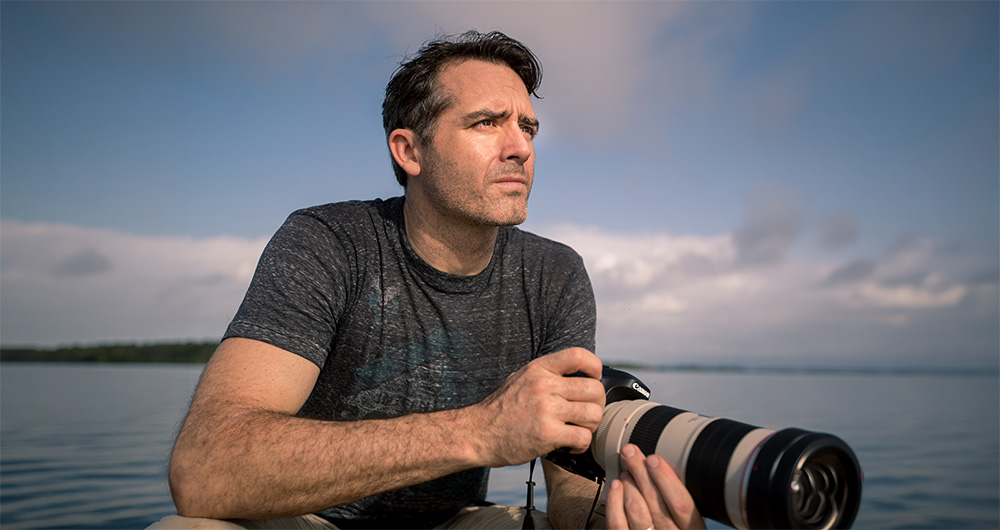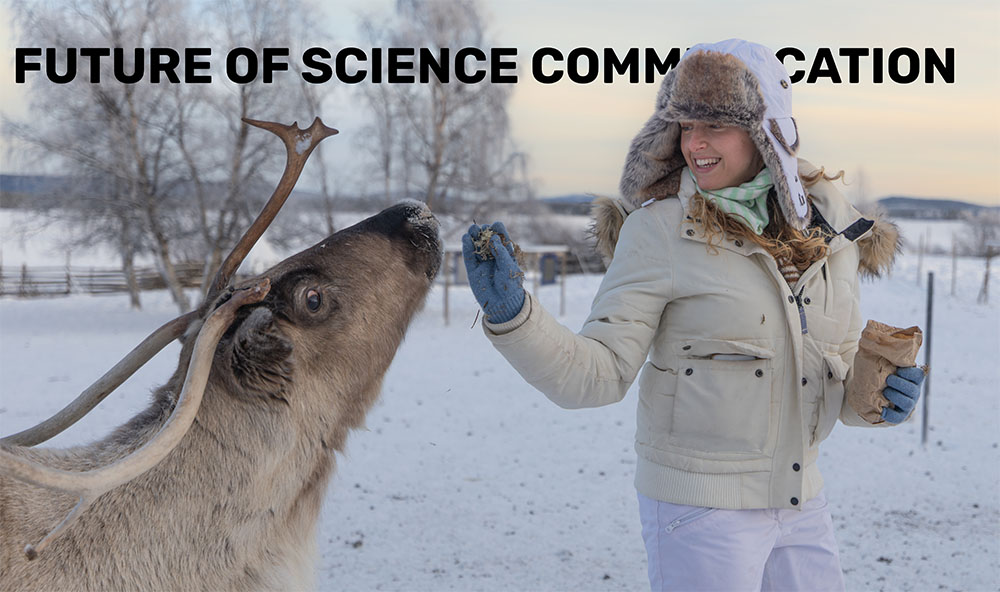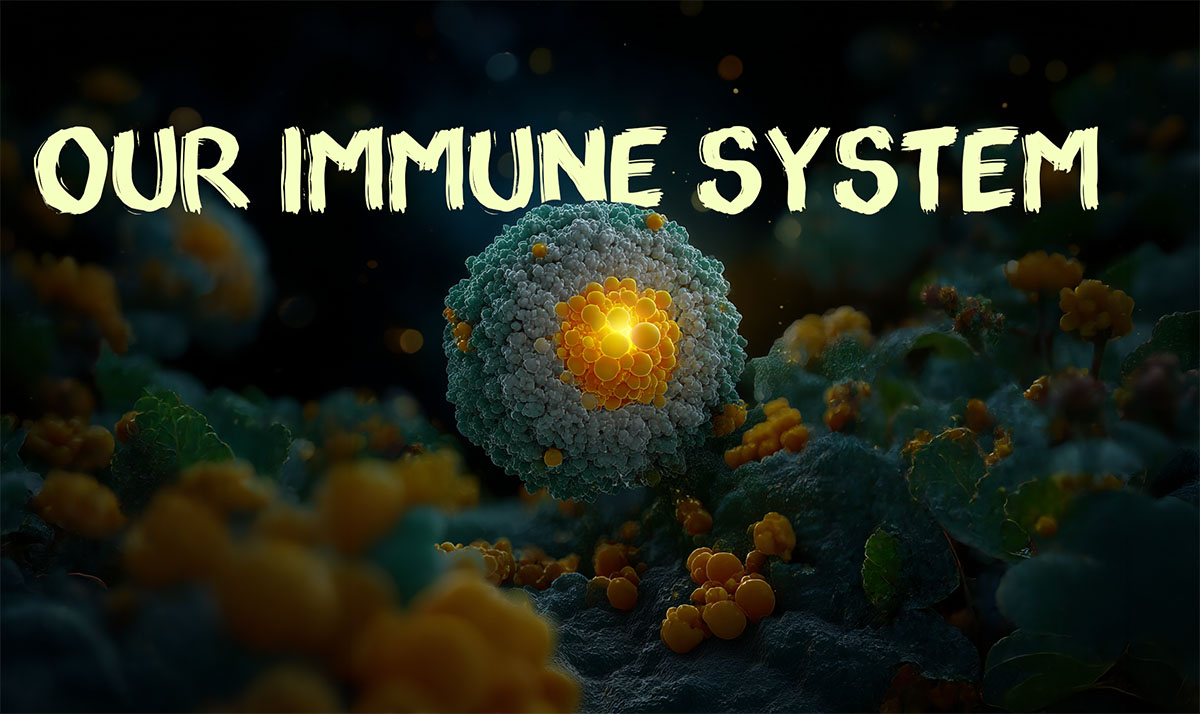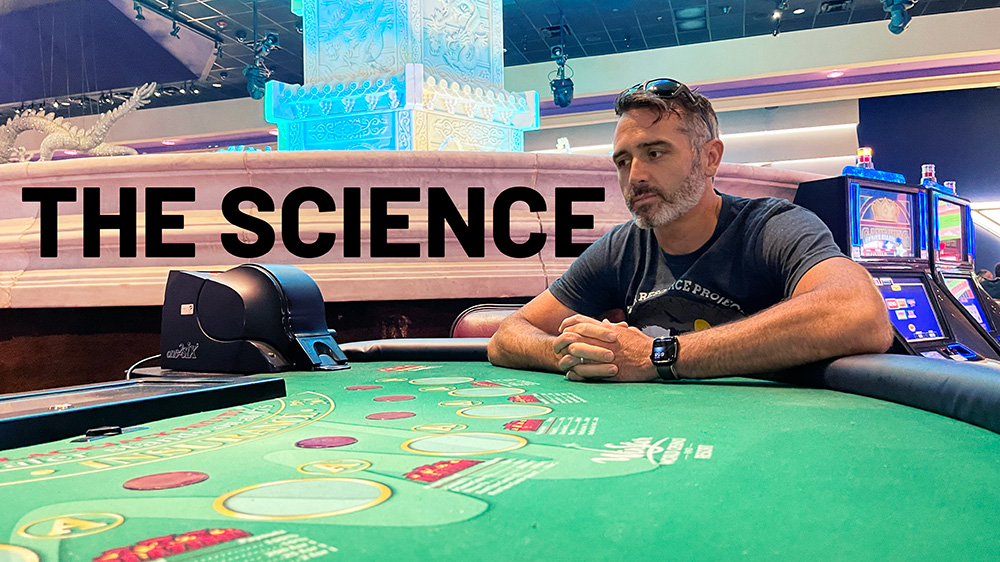He did not expect a walk through a coastal trail to feel connected to academic thinking. At first it seemed ordinary — uneven ground, shifting wind, fragments of conversation carried from hikers passing by. Yet somewhere between observing patterns in the sand and noticing how shadows changed across the rocks, a different kind of attention emerged. Not forced concentration. Something quieter. Curiosity that moved forward without instructions.
Nature rarely announces itself as a classroom. Still, many researchers connected to National Geographic Society argue that exploration outdoors mirrors the earliest stages of scientific inquiry. Questions appear before theories. Observation comes before analysis. A person walking through a forest does not begin with a thesis statement; they begin by noticing what feels out of place.
Curiosity Before Method
Formal research often starts with structure: literature reviews, hypotheses, citations. In nature, the order reverses. Someone kneeling beside a tide pool may notice unusual colors in algae long before understanding ecological terminology. That moment of unscripted observation builds a habit essential to research — sustained attention without immediate answers.
Field scientists working with organizations such as World Wildlife Fund frequently describe the importance of patience. Data collection rarely unfolds in clean sequences. Weather changes plans. Animals disappear. Equipment fails. The ability to adapt, to stay present even when outcomes remain uncertain, develops naturally in outdoor exploration.
He watched a student sketch plants during a weekend hike. No one assigned the task. Later, that same student approached academic reading differently, searching for patterns instead of isolated facts. The transition felt subtle yet profound. Nature had trained the mind to notice relationships rather than memorize categories.
Observation Becomes Analysis
The connection between exploration and research skills becomes clearer when examining how attention shifts over time. A beginner may focus on obvious details — colors, shapes, sounds. With repeated exposure, deeper questions emerge: Why does this species grow only in shaded areas? How do seasonal changes alter behavior?
Institutions such as Smithsonian Institution have documented how informal observation often precedes formal scientific discovery. Many ecological breakthroughs began with explorers recording patterns long before statistical frameworks existed. The process resembles early-stage academic research, where curiosity drives inquiry before methodology refines it.
Some educators encourage outdoor journaling as preparation for analytical thinking. The practice trains learners to document evidence carefully, compare observations across days, and reflect on inconsistencies. These habits align closely with scholarly research, even though they begin far from libraries or laboratories.

Skills That Grow Quietly in the Wild
Nature exploration cultivates research abilities without announcing them. Several patterns appear repeatedly among those who spend time studying natural environments:
- Attention expands beyond immediate goals, allowing unexpected discoveries.
- Questions evolve organically instead of following predetermined outlines.
- Patience with ambiguity increases, reducing the need for instant conclusions.
- Documentation becomes more precise because environmental changes demand accuracy.
He noticed that explorers often develop a tolerance for incomplete information. They accept that not every observation leads to a clear answer. In academic settings, this tolerance translates into resilience during complex research projects.
During one expedition organized by National Park Service, participants recorded bird calls using simple audio devices. Some sounds remained unidentified even after weeks of analysis. Instead of frustration, curiosity deepened. The unknown became an invitation rather than an obstacle.
From Walking Trails to Building Hypotheses
Nature encourages hypothesis-building through pattern recognition. Someone hiking repeatedly through the same region begins to notice seasonal shifts. Leaves change color at predictable intervals. Animal tracks appear after rainfall. Over time, observations form informal theories that mirror scientific reasoning.
Public figures such as Jane Goodall often emphasize the value of prolonged observation. Her work demonstrated that spending time watching behavior without rigid expectations can lead to groundbreaking insights. The lesson extends beyond wildlife studies. Any researcher benefits from learning to watch before interpreting.
Outdoor exploration also introduces unpredictability that strengthens analytical thinking. A sudden storm forces adjustments. A trail closes unexpectedly. These disruptions encourage flexible planning — a skill equally relevant when research projects encounter unforeseen complications.
A Comparison Between Indoor Research and Nature-Based Inquiry
| Research Element |
Traditional Academic Setting |
Nature Exploration Context |
| Question Formation |
Guided by curriculum |
Emerges from observation |
| Data Collection |
Structured protocols |
Adaptive, environment-driven |
| Attention Style |
Focused on specific outcomes |
Open to unexpected patterns |
| Emotional Engagement |
Often goal-oriented |
Curiosity-driven |
| Learning Pace |
Scheduled milestones |
Natural rhythm of discovery |
Neither environment replaces the other. Instead, each strengthens different dimensions of inquiry. Nature introduces unpredictability; academic spaces provide tools for refinement.
Technology Meets the Outdoors
Modern explorers rarely travel without digital support. Apps connected to iNaturalist allow users to identify species and contribute data to global research projects. Platforms supported by NASA encourage citizen scientists to document environmental changes, transforming casual exploration into collaborative investigation.
He watched hikers pause to photograph insects, uploading images for identification. The process resembled peer review in miniature. Observations became data points within larger networks of knowledge. Technology did not replace exploration; it amplified its analytical potential.
Online communities sometimes reference resources labeled college essay writers when discussing field-note organization. Others exchange ideas through discussion threads, comparing techniques for documenting environmental patterns. These exchanges reveal how outdoor curiosity merges with digital collaboration, expanding the scope of personal discovery.
Emotional Intelligence and Research Resilience
One overlooked aspect of nature exploration is emotional regulation. Long walks through unfamiliar terrain require calm decision-making. Unexpected challenges build resilience that later supports academic persistence. Researchers often face setbacks: rejected proposals, inconclusive results, conflicting data. The emotional stability cultivated outdoors becomes a hidden advantage.
Studies cited by American Psychological Association suggest that exposure to natural environments reduces stress and enhances cognitive flexibility. Lower stress levels allow deeper focus during analytical tasks. The mind shifts from reactive thinking toward reflective processing.
He noticed that explorers returning from extended fieldwork often approached research writing differently. Their notes carried sensory detail, contextual awareness, and layered interpretation. Nature had trained them to integrate observation with reflection rather than treating data as isolated fragments.
Unconventional Lessons Hidden in Exploration
Nature rarely rewards speed. A person rushing through a trail misses subtle details — faint tracks, changes in texture, patterns of light. This slower pace mirrors effective research practices, where depth matters more than volume. The ability to pause, reconsider, and revise emerges naturally in environments where rushing offers no advantage.
Some explorers develop habits that translate directly into academic skills:
- Revisiting the same location to compare results over time.
- Recording environmental variables that influence interpretation.
- Accepting uncertainty as part of the discovery process.
A forum discussion once mentioned a workflow tagged 3 that combined field exploration with structured research frameworks. Participants described how outdoor observations sparked research questions that later evolved into formal studies. The boundary between exploration and scholarship blurred, revealing a continuum rather than a divide.
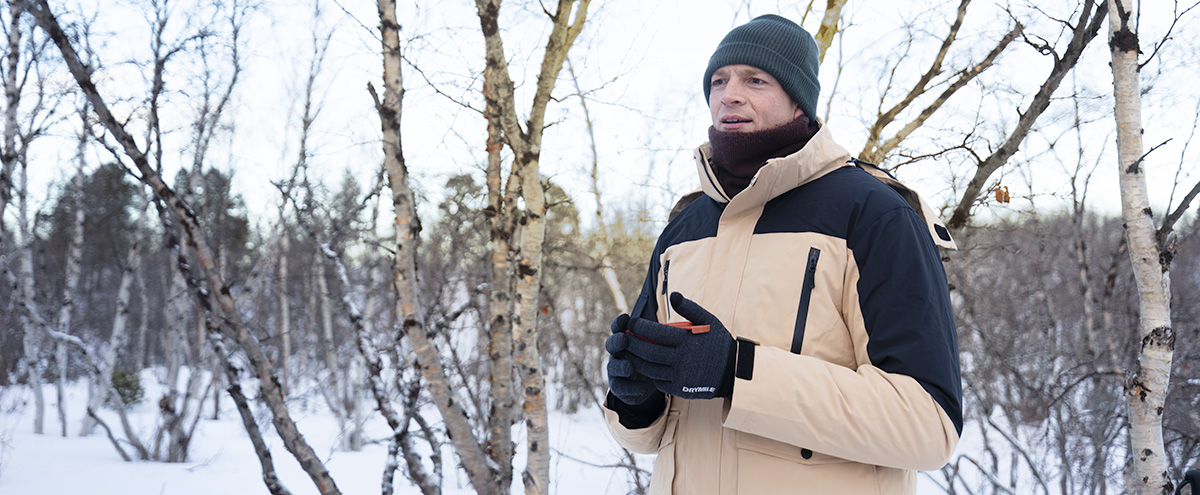
When Exploration Changes the Way Questions Are Asked
Perhaps the most significant shift occurs in how explorers frame problems. Instead of asking, “What is the right answer?” they ask, “What patterns might explain this?” That subtle change transforms research from a search for certainty into an exploration of possibilities.
Institutions such as Royal Geographical Society encourage experiential learning precisely because it fosters critical thinking. Participants learn to gather evidence independently, evaluate sources critically, and remain open to revision. These qualities define strong research practice across disciplines.
He watched a group of students analyze water samples collected during a hike. Their excitement came not from confirming a theory but from discovering unexpected results. Nature had reframed research as an evolving conversation rather than a rigid assignment.
A Quiet Ending That Feels More Like a Beginning
The trail ended near a wide open field, wind carrying distant sounds across the grass. Someone paused, writing notes in a worn notebook. No deadline, no formal rubric, just a series of observations waiting to become something more. That moment captured the essence of nature exploration as research training — unscripted, immersive, quietly transformative.
Nature does not teach research skills through lectures or structured modules. It teaches through experience, through uncertainty, through the slow accumulation of questions that refuse to settle into easy answers. The person walking through a forest might not realize they are practicing hypothesis formation or data collection. Yet each observation strengthens the habits that define strong inquiry.
In the end, powerful research skills rarely appear suddenly. They grow through repeated moments of attention — noticing, questioning, reflecting. Nature simply provides a space where those moments happen naturally, where curiosity guides the process and knowledge emerges not as a destination but as an ongoing journey.
